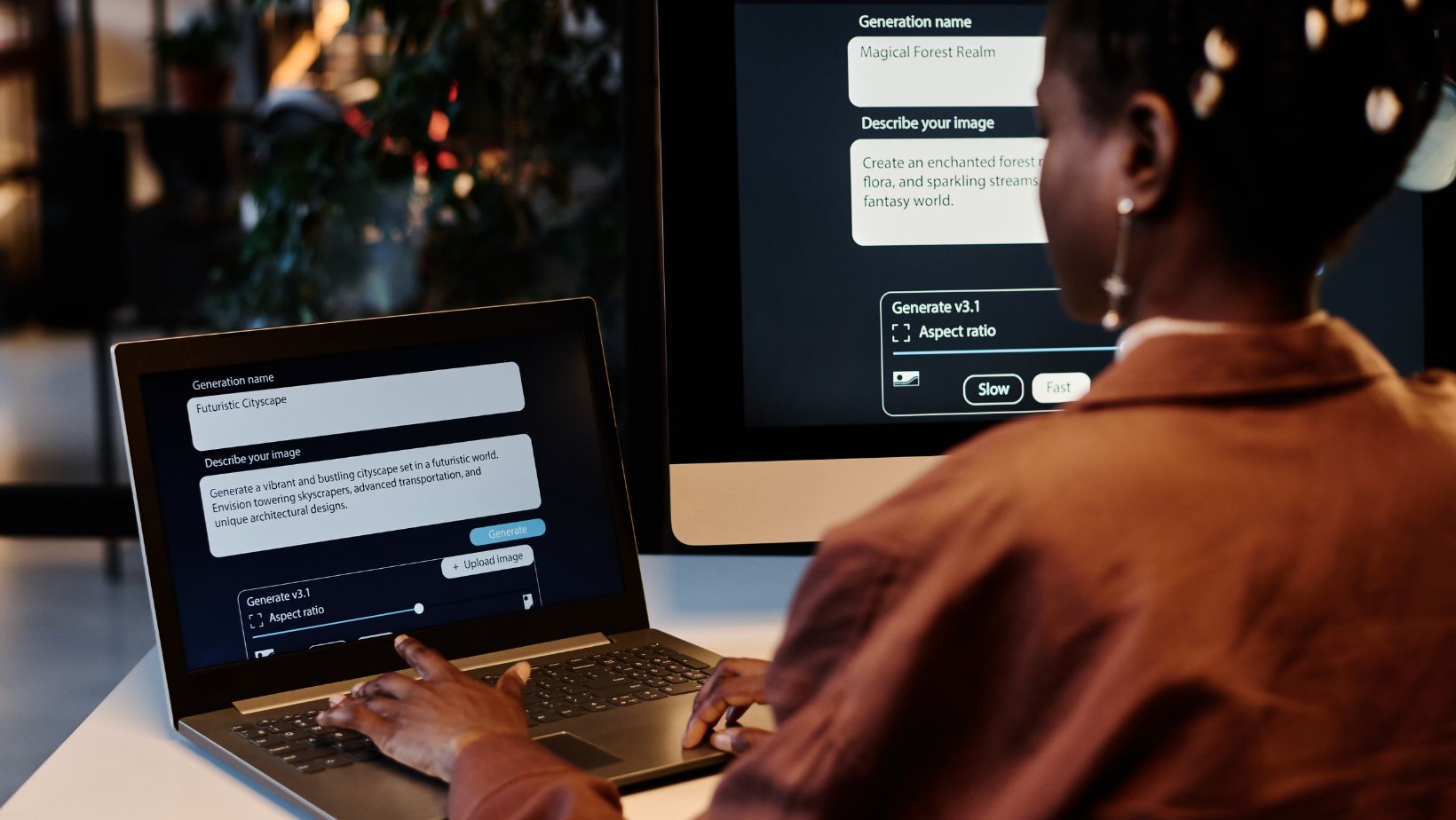Last Updated on August 14, 2025 by Nala Thorpe
In an era where technology is woven into the fabric of daily life, artificial intelligence (AI) is increasingly influencing how we connect, communicate, and nurture relationships. From enhancing personal bonds to improving professional interactions, AI offers innovative tools and insights that can help us build stronger, more meaningful connections.
One such example is Overchat AI, a conversational AI platform that exemplifies how intelligent systems can facilitate better understanding and communication. As AI continues to evolve, its potential to transform relationships—whether romantic, familial, or professional—is becoming more evident. This article explores the multifaceted role of AI in relationship-building, supported by expert opinions, relevant facts, and personal insights.
The Intersection of AI and Human Connection
How AI Is Changing the Landscape of Relationships
Artificial intelligence, once a concept confined to science fiction, is now a tangible reality impacting various aspects of our lives. In the context of relationships, AI is not replacing human connection but augmenting it by providing tools that foster understanding, empathy, and effective communication.
For example, AI-powered chatbots like Overchat AI can simulate meaningful conversations, helping individuals practice social skills or navigate difficult discussions. Moreover, AI algorithms analyze communication patterns to offer personalized advice, making interactions more empathetic and constructive.
According to Dr. Susan Johnson, a psychologist specializing in relationship dynamics, “AI has the potential to serve as a bridge—helping people understand themselves and others better, especially in situations where emotional barriers or misunderstandings exist.”
Expert Insight: The Empathy Gap and AI’s Potential
Empathy is fundamental to healthy relationships, yet it can be challenging to maintain in our fast-paced, digital world. AI can help bridge this empathy gap by providing insights and tools that enhance emotional understanding.
For instance, sentiment analysis algorithms can detect subtle emotional cues in text or speech, alerting users to the emotional state of their partner or colleague. This awareness can lead to more compassionate responses and deeper connections.
Dr. Michael Chen, an AI researcher, emphasizes, “While AI cannot replace genuine human empathy, it can serve as a supportive assistant—highlighting emotional nuances that might otherwise be overlooked.”
Practical Applications of AI in Relationship Building
Enhancing Communication Skills
Effective communication is the cornerstone of any strong relationship. AI can serve as a personal coach, helping individuals develop better listening and speaking skills.
For example, AI-driven apps analyze speech patterns and provide real-time feedback on tone, clarity, and emotional expression. Such tools can be invaluable for people working on social anxiety, language barriers, or simply wanting to improve their interpersonal skills.
Overchat AI exemplifies this by enabling users to simulate conversations, receive constructive feedback, and practice difficult dialogues in a safe environment. Over time, this can lead to more confident and authentic interactions in real life.
Supporting Conflict Resolution
Conflicts are inevitable in relationships, but AI can assist in navigating disagreements more constructively. By analyzing conversation data, AI systems can identify patterns of miscommunication or escalation and suggest strategies to de-escalate tensions.
Some platforms incorporate AI to recommend calming phrases or empathy statements during heated exchanges, helping both parties feel heard and understood. This proactive approach can prevent conflicts from escalating and foster mutual respect.
Personalization and Emotional Insights
AI algorithms can analyze vast amounts of data—from social media activity to messaging patterns—to offer personalized insights into relationship dynamics. These insights might include recognizing signs of emotional distress, unmet needs, or shifts in affection.
For instance, a couple using an AI-based app might receive tailored suggestions for date ideas, communication improvements, or emotional check-ins based on their interaction history. Such personalized guidance can strengthen bonds by addressing underlying issues before they become significant problems.
Facilitating Long-Distance Relationships
Long-distance relationships often face unique challenges related to communication and emotional intimacy. AI-powered virtual assistants and immersive technologies like virtual reality (VR) can help bridge physical gaps.
AI-driven platforms enable couples to share virtual experiences, engage in synchronized activities, or even simulate face-to-face interactions through realistic avatars. These innovations foster closeness and shared experiences despite geographical separation.
Ethical Considerations and Limitations
Privacy and Data Security
While AI offers promising benefits, it also raises concerns about privacy and data security. Relationship data is inherently sensitive, and mishandling or breaches could have serious consequences.
Experts stress the importance of transparent data policies and user consent. Developers must prioritize encryption and anonymization techniques to protect user information.
The Risk of Over-Reliance
Another challenge is the potential over-reliance on AI tools, which might diminish authentic human interactions. AI should serve as an aid, not a substitute, for genuine emotional engagement.
Dr. Laura Simmons, a relationship counselor, notes, “Technology can support us, but it cannot replace the nuanced, spontaneous empathy that comes from human connection.”
Bias and Cultural Sensitivity
AI systems are only as good as the data they are trained on. Biases in datasets can lead to culturally insensitive or inaccurate insights, which could harm relationships rather than help.
Ongoing efforts to diversify training data and incorporate cultural competence are essential to ensure AI tools are respectful and effective across diverse populations.
Personal Reflection and Future Outlook
From my perspective, the integration of AI into relationship-building processes holds immense promise, but it must be approached thoughtfully. AI can serve as a mirror, helping us reflect on our communication styles, emotional states, and relationship needs.
In the future, I envision AI becoming more intuitive—capable of understanding complex human emotions, cultural contexts, and individual preferences. Such advancements could facilitate deeper, more authentic connections, even in our increasingly digital world.
However, it’s vital to remember that technology is a tool. The core of any relationship remains human empathy, vulnerability, and genuine understanding. AI can support these qualities but should never replace them.
Conclusion
AI is revolutionizing how we build and maintain relationships, offering innovative tools that enhance communication, empathy, and connection. Platforms like Overchat AI exemplify the potential for AI to serve as a supportive partner in our social lives, helping us navigate complex emotional landscapes with greater ease and insight.
While there are ethical considerations and limitations to address, the future of AI in relationship-building looks promising. When used responsibly, AI can be a catalyst for deeper understanding, stronger bonds, and more fulfilling connections—whether in romantic partnerships, friendships, or professional collaborations.
As we continue to explore this frontier, one thing remains clear: technology, when aligned with human values, can be a powerful ally in our journey toward meaningful relationships.




